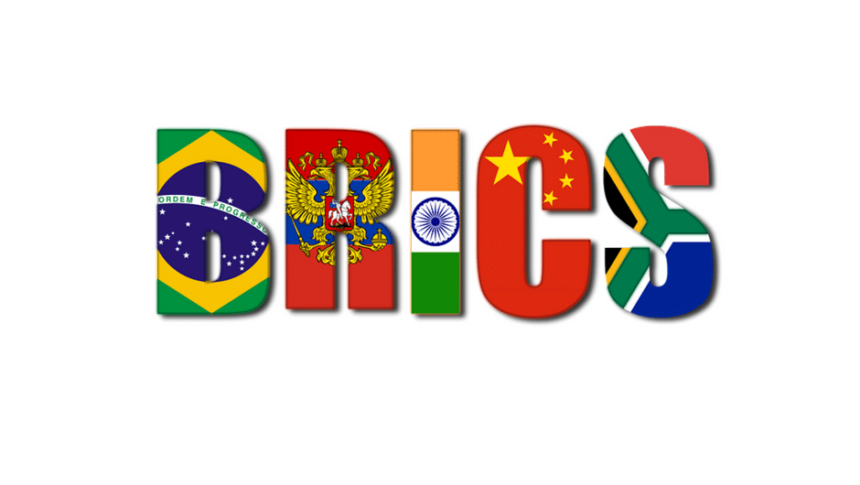
- Donald Trump warned BRICS nations that any attempt to undermine the U.S. dollar would lead to a 150% tariff and a trade halt.
- BRICS members continue exploring trade in local currencies, but they have not issued a unified response to Trump’s threats.
Former U.S. President Donald Trump discussed BRICS nations’ efforts to weaken the U.S. dollar at the Republican Governors Association meeting on Feb. 21. He claimed that the new bloc, which includes Brazil, Russia, India, China, South Africa, Egypt, Ethiopia, Iran, the UAE, and Indonesia, will produce a new currency, adopting yuan from China.
Trump also said that when he began his presidency, he made it clear to the BRICS nations that any efforts to attack the US dollar would attract a tariff of 150% and a halt in trade. He said this was to defend the dollar reserve currency status, which was very important for the US economy. Initially, he threatened to impose a 100% tariff, but he later increased it.
He also said that his administration has seen a reduction in talks of a new currency in BRICS. To him, his policies upset the bloc’s plans, unlike Biden, who he said was passive on the matter.
BRICS’ Financial Independence
Despite the intimidation by Trump and his administration, the BRICS members have not relent in search of new financial possibilities. CNF reported that Russian President Vladimir Putin has called for more transactions to be made in national currencies, although he said that the bloc is not planning the immediate dumping of the dollar. However, BRICS countries do not pose a direct challenge to America’s economic domination but rather seek to diversify their sources of funding instead.
Some members, such as Iran, still support the formation of a single currency. They hold the view that diversifying the monetary systems benefits individual countries by minimizing the dependence on the dollar and susceptibility to the US’s policies. The bloc has further stepped up its use of local currencies in conducting its trades, which is an indication of a gradual shift in global financial strategies.
Growing BRICS Economic Influence
Currently, both India and Indonesia have started making efforts to lessen their stronger dollar reliance by using local currencies and cryptocurrencies like Bitcoin for trade. Indonesia, which became an official member of the BRICS in January 2025, is increasingly using its currency internationally. India has backed and contributed to these initiatives, culminating in trade deals where the transactions are made in rupees or rupiahs.
According to Russian Economic Development Minister Maksim Reshetnikov, within the next ten years, BRICS will possess 40% of the world’s economic potential. In contrast, the Western economy is forecasted to only have 27% of the market share. He says Russia’s advancement as a leader of the BRICS group in trade, technology, climate change, and tourism is real. However, despite these developments, BRICS has not issued a unified response to Trump’s tariff threats.






